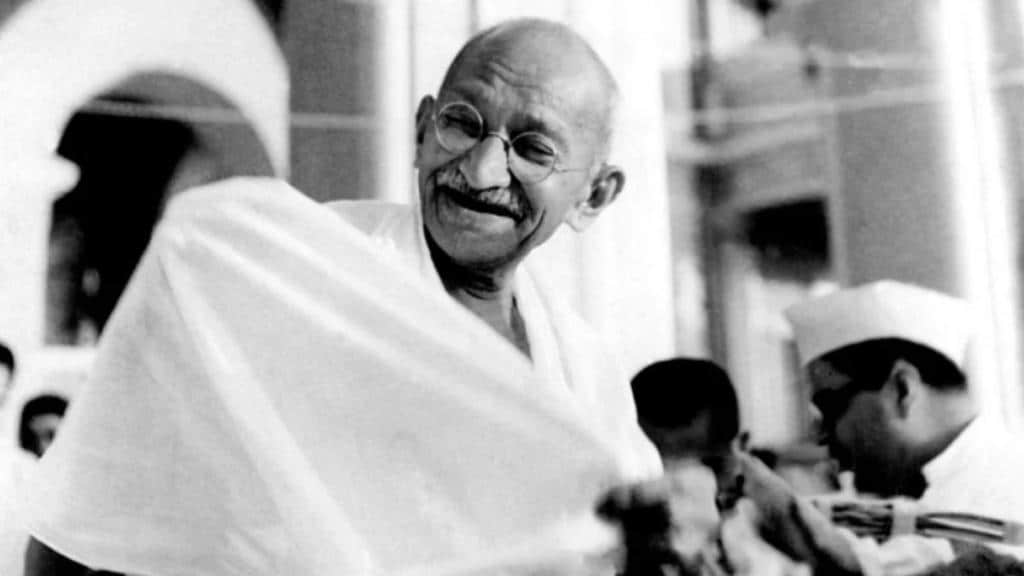The Nobel Peace Prize 2025 was announced on Friday (October 10). Venezuela’s Maria Corina Machado received it “for her tireless work promoting democratic rights for the people of Venezuela and for her struggle to achieve a just and peaceful transition from dictatorship to democracy”, the Nobel committee announced.
Each year, as the world tunes in to see who takes home the Nobel Peace Prize. And almost every year, one question inevitably resurfaces – Why didn’t Mahatma Gandhi ever get the Peace Prize?
Few figures of the 20th century embodied peace and non-violence quite like Mohandas Karamchand Gandhi. And yet, despite being nominated five times — in 1937, 1938, 1939, 1947 and 1948 — Gandhi never received the Nobel Peace Prize.
So, what really happened?
To be fair, even members of the Nobel Committee have asked themselves that question over the decades. In an article in December 1999 titled “Mahatma Gandhi, the Missing Laureate”, the committee candidly admitted that, up to 1960, the Peace Prize had gone “almost exclusively to Europeans and Americans”.
The article said that Gandhi was unlike any laureate before him: neither a conventional politician nor a humanitarian aid worker. He didn’t lead peace conferences or sign treaties — he lived peace. He would have represented “a new breed of laureates”, the article authored by former Peace Editor of Nobelprize.org Øyvind Tønnesson read.
No posthumous Nobel Peace prizes?
By 1948, Gandhiji’s moral authority was at its peak but tragedy intervened. Just two days before the Peace Prize nominations closed, Gandhiji was assassinated in Delhi. Six individuals, including previous Nobel winners like The Quakers and Emily Greene Balch, nominated him that year.
Committee member Jens Arup Seip later wrote that Gandhi’s impact was so profound, he could “only be compared to the founders of religions”. Yet, a technical problem stood in the way.
The Nobel statutes allowed posthumous awards only under certain circumstances. Gandhi wasn’t part of any organisation and he had left no will. This left the committee uncertain about who could even receive the prize money. After legal consultation, they decided against a posthumous award. In 1948, the Nobel Peace Prize was simply not awarded at all — the committee stated that “there was no suitable living candidate”.
An ode to Bapu
Four decades later, when the Dalai Lama won the Peace Prize in 1989, the committee’s chairman openly acknowledged that the award was “in part a tribute to the memory of Mahatma Gandhi”.
It was, in many ways, a quiet admission that the man who taught the world how to fight without violence had, perhaps, been the Nobel Committee’s most glaring omission.


